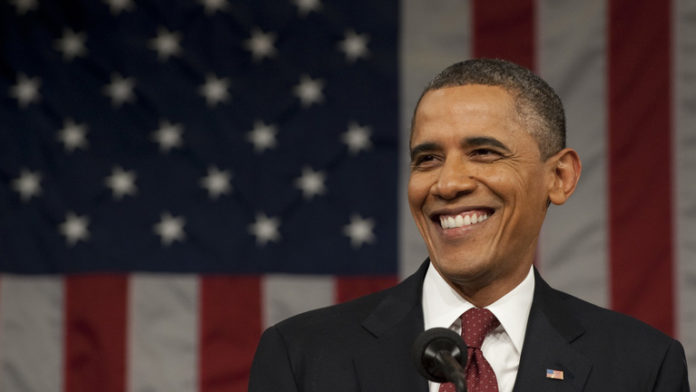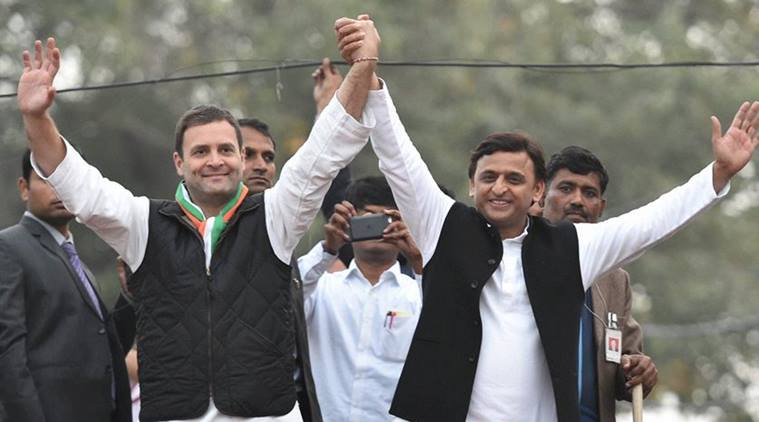Ahead of his visit to China to attend the G-20 Summit, US President Barack Obama has been urged by top lawmakers to press Beijing to limit its overcapacity in the steel sector that is “badly affecting” American industry.
“China’s legacy of broken promises and continued strategy of undercutting American workers must be met with a multi-pronged strategy to ensure the future prosperity of our domestic steel sector,” the lawmakers said in a letter to Obama.
“This must include proactive, aggressive enforcement of America’s trade remedy laws, seeking international consensus to holding Beijing to its word that it will take swift steps to reduce excess overcapacity,” the letter said.
The letter, written by Congressional Steel Caucus Chairman Tim Murphy and Vice Chairman Peter J Visclosky urged Obama to address the “illegal trading practices of China and the growing global steel overcapacity crisis” at the upcoming the G-20 Summit in China as well as the Organization for Economic Co-operation and Development (OECD) Forum in Paris.
Murphy and Visclosky alleged that China’s trade practices have resulted in mill closures, idling, and left thousands of Americans without a job.
It highlighted the need to address issues related to currency manipulation, illegal government subsidies, state-owned enterprises, China’s non-market economy status, and cyber warfare.
“Since the start of 2015, the United States’ steel industry has lost more than 14,500 direct jobs and approximately 91,000 indirect jobs as a result of this import crisis. This is unacceptable,” the letter said.
“The United States has the most talented workforce in the world, but we cannot compete against China when they refuse to trade on a level playing field with American producers. We request that you and your administration specifically address the issues below with President Xi Jinping and other leaders at the G-20 Summit and OECD Forum early this month, the lawmakers urged.
Alleging that China manipulates its currency to gain unfair advantages over its trading partners, including the US, they said this practice makes its exports to the US cheaper and vice versa – contributing significantly to America’s trade imbalances with China.
“In 2015, the United States trade deficit was a record USD 366 billion according to the United States Trade Representative. The US has lost an upwards of five million jobs as a result of currency manipulation by China and other foreign competitors and we cannot afford to lose any more without putting our manufacturing industry at greater risk,” they wrote.
From Agencies, Feature image courtesy biography


























